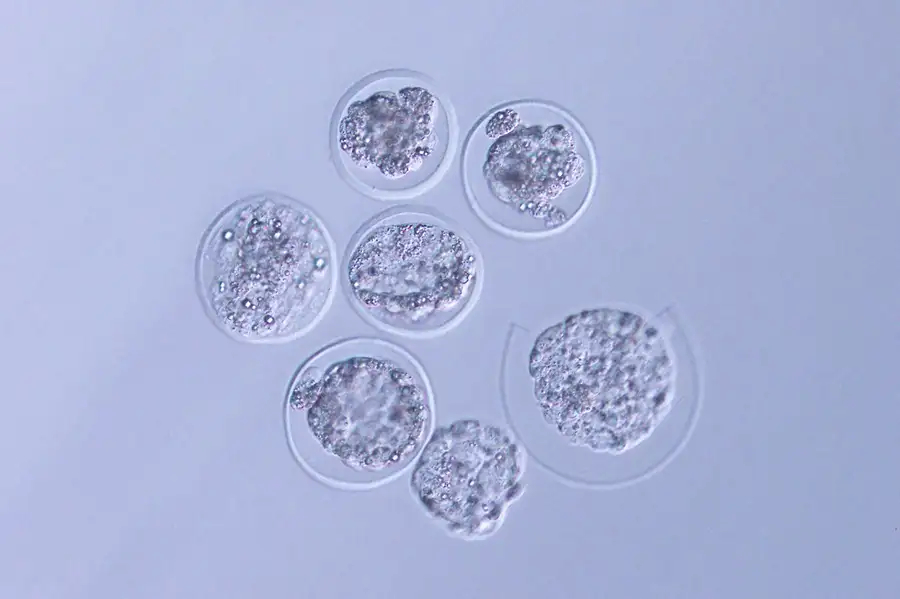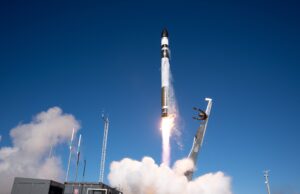Breaking! Scientists Succeed In Growing Mouse Embryos In Space
30th Oct 2023
Japanese researchers from the University of Yamanashi have grown mouse embryos onboard the International Space Station. The study, published in a research paper on iScience, announced the success of the programme, in which the foetuses were developed in microgravity for four days. As a result of the findings, the research paper alludes to human reproduction in space being a genuine possibility.
The Lead Author, Professor Teruhiko Wakayama, said in the paper: “[the findings] clearly demonstrated that gravity had no significant effect on the blastocyst formation and initial differentiation of mammalian embryos.” In other words, the success of the mission emphasises how reproduction is not hindered by the effects of zero gravity.
Growing Mouse Embryos In Space
Teaming up with Japan’s space agency, JAXA, the scientists sent the preserved embryos to the International Space Station in 2021 via SpaceX 23. From there, scientists defrosted the embryos and placed them into microgravity for four days. Due to the lack of training astronauts have in this specialised field, the team built a device that would facilitate the embryos’ growth.
The researchers state: “the embryos cultured under microgravity conditions [and] developed into blastocysts with normal cell numbers, ICM, trophectoderm, and gene expression profiles.” Significantly, the scientists demonstrated that “mammals can thrive in space”. It also showed that microgravity did not impede their growth, and that “Mouse 2-cell embryos can develop into blastocysts”.
What This Means For Humanity
Seeing as humans are mammals, the findings mean it could be possible for a human foetus to grow in space conditions. The scientists set out to disprove the premise: “humans would be unable to reproduce in space,” when faced with microgravity. To support this notion, the scientists injected 5 IU of human chorionic gonadotropin into the female mouse before mating. And with the results showing that the embryos grew without any adverse reactions, the findings are: “essential to ensure the long-term survival of humans in space”.
Human Presence In Space
Space organisations are in the midst of moving forward with plans to build an array of lunar and Martian bases. NASA has stated that they are formulating plans to build several lunar bases through their Artemis mission. Equally, the China National Space Administration is also working to establish an internationally led lunar research centre. Lockheed Martin has also committed to establishing a Mars base within the next decade by sending astronauts via a lunar layover. So, with recent developments revealing that in-space human reproduction is possible, Japan’s mission could spark plans to colonise outer space regions.







Thank you for your comment! It will be visible on the site after moderation.